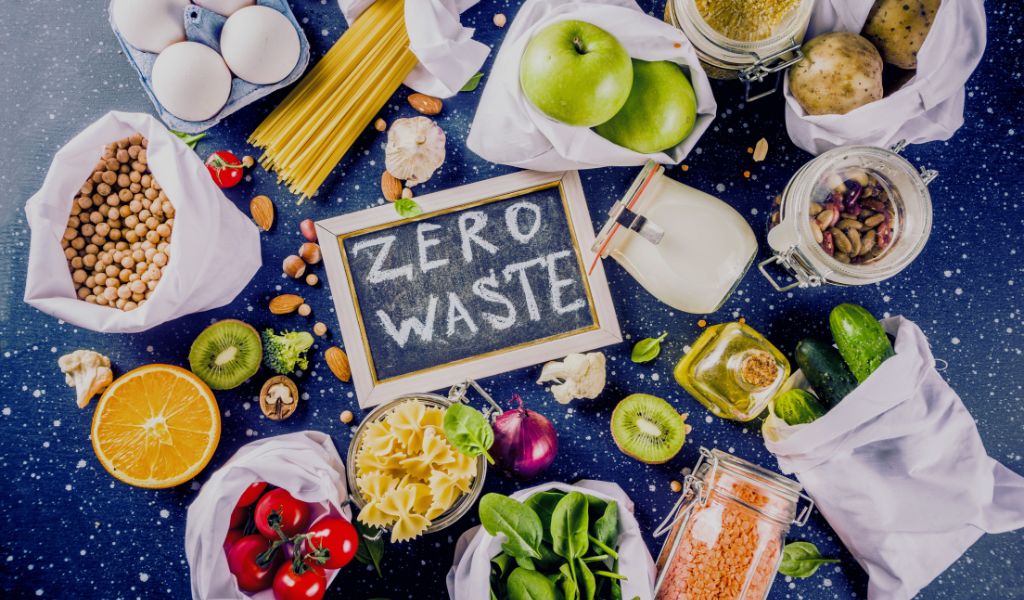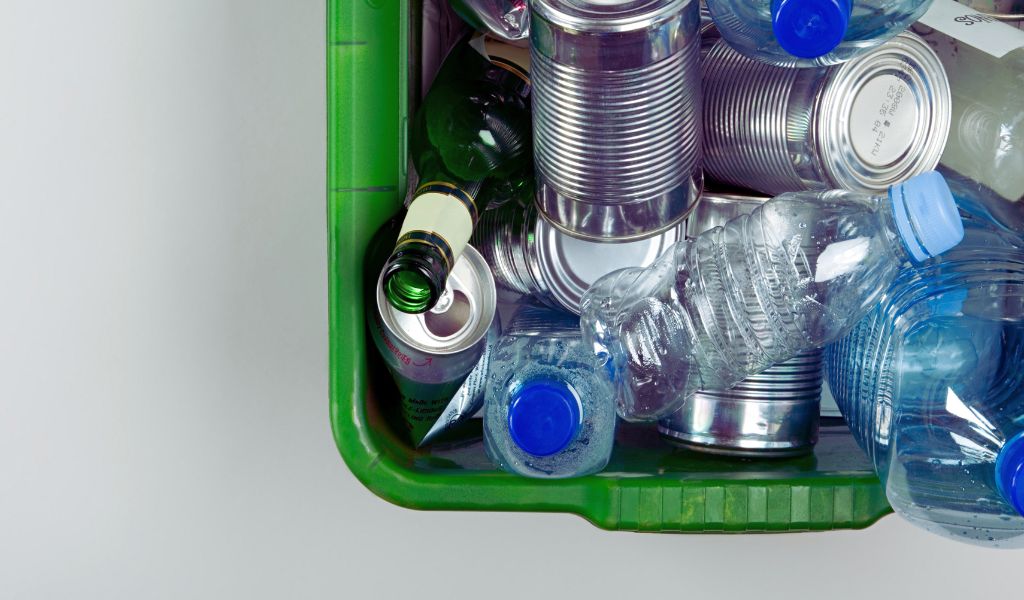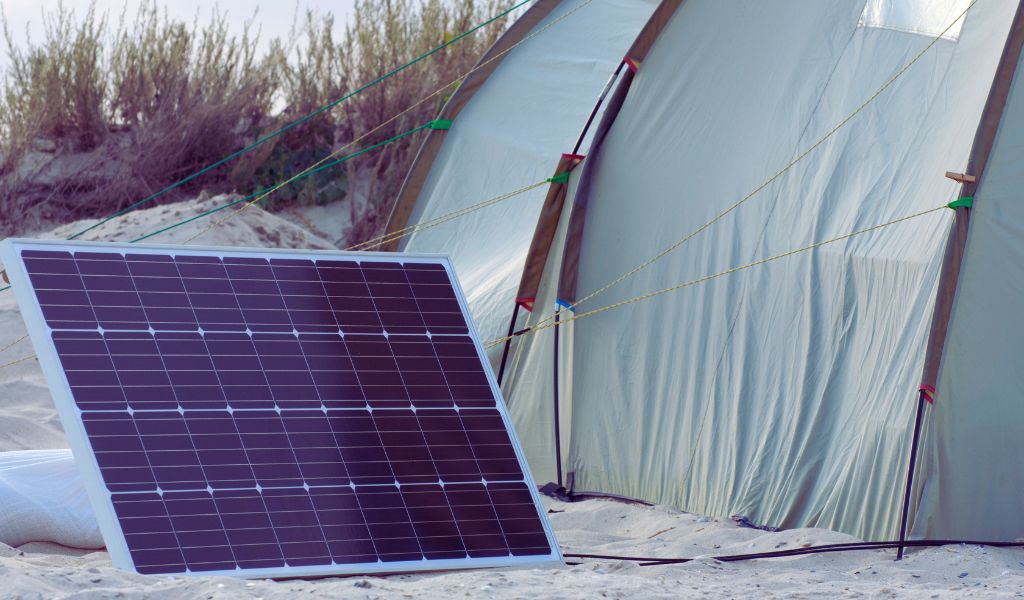Camping is not just a way to escape the daily grind—it’s a journey back to nature, where we can reconnect with the earth and witness its unspoiled beauty.
However, as we seek solace in the great outdoors, it’s crucial to remember our responsibility to preserve it.
One of the most important, yet often overlooked, aspects of responsible camping is waste management.
Knowing how to properly dispose of waste while camping ensures that we leave no trace of our stay, protecting wildlife and natural habitats.
This article, infused with expertise and firsthand experience, will guide you through effective waste disposal practices, so you can enjoy your camping trips without leaving a negative impact on the environment.
Table of Contents
Understanding Waste Management in Camping
Types of Waste
When we talk about waste in a camping context, we’re referring to anything that’s not originally part of the natural environment.
This includes food scraps, packaging materials, human waste, and water used for washing.

Why Proper Disposal is Crucial
Improper disposal of waste can lead to pollution, harm to wildlife, and the degradation of the pristine conditions that make camping so enjoyable.
It’s not just about aesthetics; it’s about maintaining the ecosystem’s health and ensuring that future generations can also enjoy the wilderness.
Planning Your Trip
Essential Supplies for Waste Management
Effective waste management starts before you leave home.
Pack biodegradable bags for compostables, separate containers for recyclables, and airtight containers to pack out trash.
Don’t forget eco-friendly personal hygiene products, including toilet paper that can be buried or packed out.
Reducing Waste Before You Leave
The best way to manage waste is to minimize its creation.
Opt for minimal packaging, prepare food that won’t leave a lot of leftovers, and repack snacks in reusable containers to reduce your environmental footprint.

How do I properly dispose of waste while camping?
Segregating Your Waste
Separating your waste into recyclables, compostables, and trash is fundamental.
This not only facilitates easier disposal but also ensures that you’re ready to handle different types of waste according to local regulations and environmental best practices.
Biodegradable vs Non-Biodegradable
Understanding the distinction between these types of waste is key.
Biodegradable waste can sometimes be disposed of in nature under the right conditions, while non-biodegradable waste must always be packed out to prevent environmental harm.
Pack It In, Pack It Out
The Principle Explained
This cornerstone principle of Leave No Trace camping dictates that all the materials you bring into a natural area should leave with you.
Ensuring nothing is left behind preserves the natural beauty and prevents wildlife from being attracted to or harmed by human waste.
Tips for Packing Out Trash
Efficiency is key when packing out trash. Use collapsible containers to save space, and ensure all waste is secured to prevent it from being scattered by animals or the wind.

Natural Waste Disposal
Human Waste
The disposal of human waste requires careful consideration.
Use portable toilets where possible, or bury human waste in a small hole (cathole) 6 to 8 inches deep and at least 200 feet from water sources, trails, and camp sites.
Washing and Bathing
Minimize the impact of washing and bathing on local waterways by using small amounts of biodegradable soap and washing at least 200 feet away from natural water sources.
Carry water to a washing site to prevent soap from entering streams or lakes.
Leave No Trace Principles
Overview and Importance
The Leave No Trace Center for Outdoor Ethics outlines seven principles designed to minimize the environmental impact of outdoor activities.
Adhering to these principles while managing waste is not just a recommendation; it’s a responsibility every camper should take seriously.
Applying the Principles to Waste Disposal
Each principle has implications for waste disposal, from planning ahead and preparing to minimize waste, to respecting wildlife by ensuring your waste doesn’t become their problem.
Eco-friendly Camping Innovations
Biodegradable Products
Invest in biodegradable products, from toilet paper to soap, to reduce your environmental footprint.
These products break down naturally, minimizing harm to the ecosystem.
Solar-Powered Gadgets
Embrace solar-powered gadgets for your camping needs.
From lights to chargers, these reduce reliance on disposable batteries and minimize waste.

Dealing with Leftovers and Scraps
Composting While Camping
While not always practical, learn when and how you can compost organic waste safely without attracting wildlife or causing harm to the area.
Avoiding Attracting Wildlife
Properly securing your food and waste is crucial to avoid attracting animals.
Use bear-proof containers and hang your trash and food out of reach when in bear country.
Emergency Waste Disposal Tips
Sometimes, despite our best efforts, we face situations where standard disposal methods aren’t feasible.
In these cases, prioritize minimizing your impact and plan to return when possible to properly dispose of any waste left behind.
Community Responsibility
Educating Others
Share your knowledge and practices with fellow campers. Education is a powerful tool in spreading responsible waste disposal practices.
Participating in Clean-Up Drives
Join or organize clean-up activities in your favorite camping spots.
Collective efforts can make a significant difference in maintaining the natural beauty of these areas.
FAQs
- What should I do with leftover food while camping?
- Can I burn my trash at the campsite?
- How can I minimize waste when planning meals for camping?
- Is it okay to leave fruit peels or nut shells in the woods?
- What are the best practices for using soap in natural water sources?
- How do I pack out waste without attracting wildlife to my backpack?
Proper waste disposal while camping is not just about following rules, it’s about respecting nature and ensuring its preservation for future generations.
By planning ahead, reducing waste, and following the principles outlined in this guide, you can enjoy your camping experience to the fullest—knowing you’re doing your part to protect the natural world.
Let’s commit to being conscientious campers, leaving no trace behind and setting a positive example for the outdoor community.



